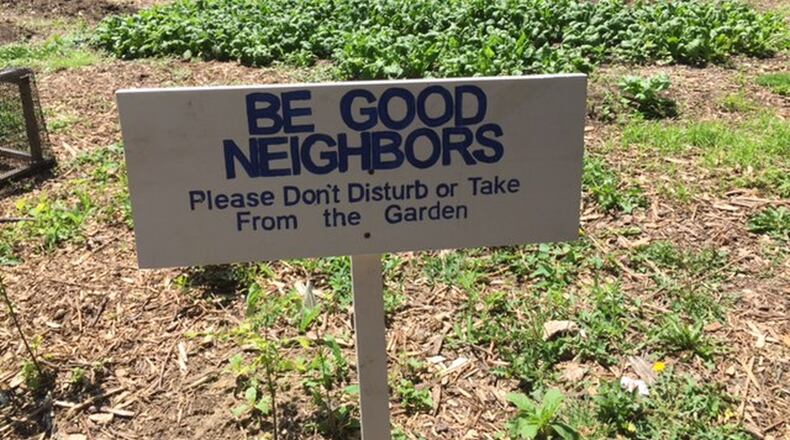“It’s not just how we grow produce. It’s how we build community,” says Michael Schulz, executive director of Mission of Mary and a 2007 UD graduate, about the nonprofit’s mission.
It’s how we build community. Michael’s words reflect our Catholic, Marianist philosophy of education. At UD, mutually beneficial civic engagement is not an elective course. It’s central to who we are as an anchor institution. We’ve even built a front porch for community collaboration: UD’s Fitz Center for Leadership in Community shares space with the Dayton Foundation and the Dayton Development Coalition in a building facing downtown, blurring the line between the University and the city.
As a new board member of the Coalition of Urban and Metropolitan Universities — a network of 120 institutions committed to civic engagement and urban revitalization — I view this kind of grassroots collaboration as a model for higher education. Our universities aren’t just preparing students for careers; we’re cultivating them as catalysts for change in the communities they call home. We’re teaching them to be community builders who respect the tremendous assets that exist in our cities and neighborhoods and who value the opportunity for mutual learning.
More than 500 courses on our campus include hands-on learning. We send students out into the community to apply their knowledge to real-world challenges and to learn to collaborate with community partners, especially in underserved areas. We prize community engagement so much that we now guarantee that every undergraduate will be mentored in at least one meaningful, hands-on, real-world learning experience — and will reflect on how it builds upon their classroom work — before they graduate.
These high-impact experiences are beneficial for both our students and community partners. In one ambitious undertaking, students have devoted thousands of hours to addressing health inequities, partnering with health care providers to improve access to care. In another collaboration with United Rehabilitation Services, engineering students have developed a simulator to help people with disabilities learn to drive. Another student has mapped human trafficking routes across the state for Abolition Ohio, an anti-trafficking coalition focused on preventing exploitation and protecting victims.
With the people of Dayton as partners, University of Dayton students are developing “durable skills,” such as collaboration, teamwork, flexibility and critical thinking, that will serve them in their careers and throughout their lives. They also learn to work with people different than themselves and, as such, learn to appreciate the value of many forms of diversity.
In an era when public trust in higher education is at an historic low, it’s never been more important that we graduate students who, beyond textbook knowledge, can engage thoughtfully with the world, apply the lessons they’ve learned to societal challenges and build bridges across differences.
This is the kind of profound impact universities can have on entire communities for generations to come. At the University of Dayton, it’s how we build community.
Eric F. Spina is president of the University of Dayton, an anchor institution in Dayton and one of the largest Catholic universities in the nation. Nationally, he’s a member of the board of the Coalition of Urban and Metropolitan Universities, is part of College Presidents for Civic Preparedness and serves on the steering committee of the American Talent Initiative.
About the Author

